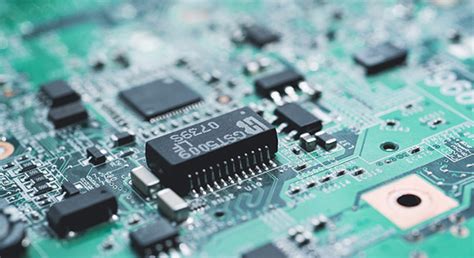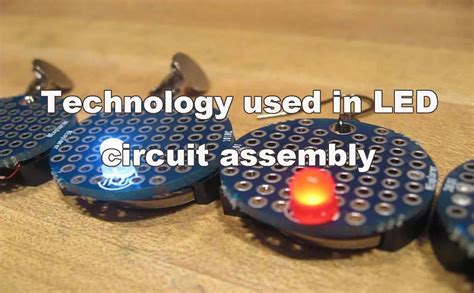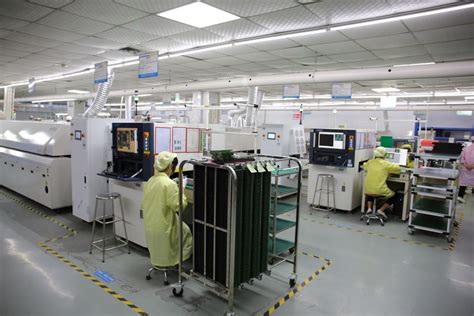BBC Aluminum Block: A Comprehensive Overview
Introduction
The BBC aluminum block is a renowned engine component widely recognized in the automotive and high-performance engineering industries. BBC stands for “Big Block Chevy,” referring to Chevrolet’s large-displacement V8 engines. Aluminum blocks, as opposed to traditional cast iron ones, offer significant advantages in weight reduction, heat dissipation, and performance tuning. This article explores the BBC aluminum block in detail, covering its history, manufacturing process, benefits, applications, and comparisons with other engine blocks.
1. History of the BBC Aluminum Block
The Big Block Chevy (BBC) engine series was introduced by General Motors (GM) in the 1960s, designed for high torque and horsepower applications. Initially, these engines featured cast iron blocks, which were durable but heavy.
The shift toward aluminum blocks began in the racing and high-performance sectors, where reducing weight was crucial for speed and efficiency. Aftermarket manufacturers like Dart, World Products, and GM Performance started producing aluminum BBC blocks to meet the demands of motorsports and custom car builders.
Today, aluminum BBC blocks are widely used in drag racing, marine engines, and high-end street performance vehicles.

2. Manufacturing Process of BBC Aluminum Blocks
Aluminum engine blocks are typically made from high-grade aluminum alloys, such as A356-T6, which provide excellent strength and thermal properties. The manufacturing process involves:
A. Casting
- Sand Casting: Traditional method where molten aluminum is poured into a sand mold.
- Permanent Mold Casting: Uses reusable steel molds for better precision.
- Die Casting: High-pressure injection for mass production (less common for BBC blocks due to size).
B. Machining
After casting, the block undergoes CNC machining to ensure precise cylinder bore alignment, deck flatness, and proper mounting surfaces.
C. Heat Treatment
The aluminum block is heat-treated (T6 tempering) to enhance strength and durability.
D. Finishing
Final steps include honing cylinder walls, surface coating (if needed), and quality checks.
3. Advantages of BBC Aluminum Blocks
A. Weight Reduction
- Aluminum is about 60% lighter than cast iron, improving power-to-weight ratio.
- Enhances vehicle acceleration, handling, and fuel efficiency.
B. Better Heat Dissipation
- Aluminum dissipates heat more efficiently, reducing the risk of overheating.
- Ideal for high-performance and turbocharged engines.
C. Corrosion Resistance
- Aluminum naturally resists rust, increasing longevity in harsh conditions (e.g., marine applications).
D. Performance Flexibility
- Easier to modify for stroker kits, forced induction, and high-RPM applications.
- Compatible with aftermarket parts for custom builds.
E. Improved Engine Response
- Reduced rotational mass allows quicker throttle response.

4. Applications of BBC Aluminum Blocks
A. Drag Racing
- Lightweight blocks help achieve faster quarter-mile times.
- Commonly used in Pro Mod and Top Fuel categories.
B. Marine Engines
- Corrosion resistance makes them ideal for boats and jet skis.
- Used in high-performance offshore racing.
C. Street Performance & Restomods
- Popular in classic car restorations where weight savings are desired.
- Used in muscle cars like the Chevy Camaro and Corvette.
D. Off-Road & Truck Applications
- Provides durability while reducing overall vehicle weight for better off-road performance.
5. Comparison: Aluminum vs. Cast Iron BBC Blocks
| Feature | Aluminum BBC Block | Cast Iron BBC Block |
|---|---|---|
| Weight | ~100-150 lbs lighter | Heavier |
| Heat Dissipation | Better cooling | Retains more heat |
| Durability | Strong but less impact-resistant | Extremely durable |
| Cost | More expensive | Cheaper |
| Performance | Better for high-RPM & racing | Better for high-torque, low-RPM applications |
| Corrosion Resistance | Excellent | Prone to rust |
6. Popular Brands & Aftermarket Options
Several manufacturers produce high-quality BBC aluminum blocks, including:
- Dart Machinery – Known for premium aluminum race blocks.
- World Products – Offers strong, affordable options.
- GM Performance Parts – OEM-grade aluminum blocks.
- Brodex – Specializes in marine applications.

7. Maintenance & Considerations
While aluminum blocks offer many benefits, they require proper care:
- Cooling System: Ensure efficient cooling to prevent warping.
- Torque Specifications: Aluminum has different expansion rates; follow proper torque sequences.
- Cylinder Liners: Some blocks use steel sleeves for added durability.
8. Future of BBC Aluminum Blocks
With advancements in metallurgy and manufacturing, aluminum blocks are becoming even stronger and more cost-effective. Hybrid and electric vehicle conversions may also utilize aluminum blocks for weight savings in performance hybrid setups.
Conclusion
The BBC aluminum block represents a significant evolution in engine technology, combining lightweight construction with high performance. Whether for racing, marine use, or street performance, aluminum blocks provide a superior alternative to traditional cast iron in many applications. As materials and manufacturing techniques improve, their dominance in high-performance engines is likely to grow even further.
By understanding their benefits and applications, enthusiasts and engineers can make informed decisions when choosing an engine block for their next project.






